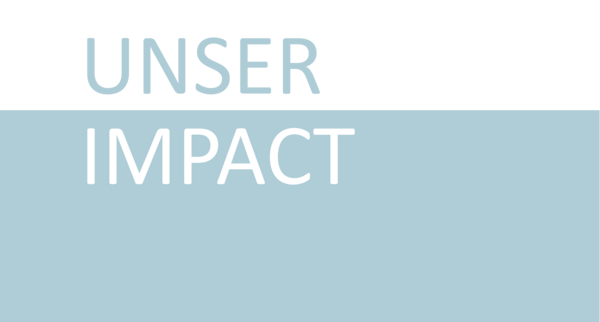Die Fähigkeit zur Sorge und Besorgnis entwickeln: Selbstsorge und Fürsorge im Kontext
Zusammenfassung
Der Sorgediskurs hat den Helferdiskurs abgelöst, ohne die grundlegenden Problematisierungen des Helfens hinter sich gelassen zu haben, etwa den Pathologieverdacht der Helfenden, die Asymmetrie in den Hilfebeziehungen, etc. Das Verhältnis von Selbstsorge und Sorge mit und für andere ist diskursiv zu erschließen. Hier ist der Dynamik zu widerstehen, die Selbstsorge in einen professionellen Kontext zu privatisieren. Andererseits braucht es geschützte Räume, um Sorgefähigkeiten, die „Fähigkeit zur Besorgnis“ (D. W. Winnicott) individuell und kollektiv zu entwickeln.
Schlüsselwörter: Selbstsorge, Fürsorge, Sorgekultur
Abstract
The discourse of ‘care’ has replaced the discourse of ‘helping’ without leaving behind some of the fundamental problematizations of helping – such as, for example, the suspicion of a pathology in the helper, the asymmetry of helping relationships, etc. The relationship between self-care and care with – and for – others thus must be discursively explored. But the dynamic of privatizing self-care in a professional context must be resisted. On the other hand, protected spaces are still needed in order to develop caring skills – that is, the “capacity for concern”, according to D.W. Winnicott – both individually and collectively.
Keywords: self-care, caring, caring culture
Prof. Dr. Andreas Heller M.A.
Zentrum für Interdisziplinäre Alterns- und Care-Forschung (CIRAC)
Karl-Franzens-Universität Graz
Attemsgasse 25/III, A-8010 Graz
andreas.heller(at)uni-graz.at







